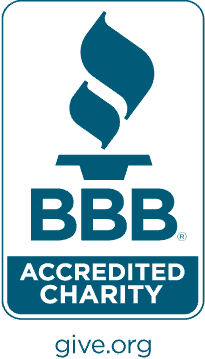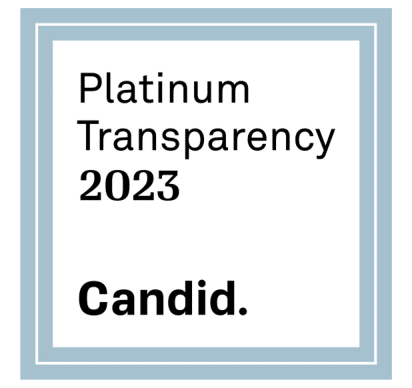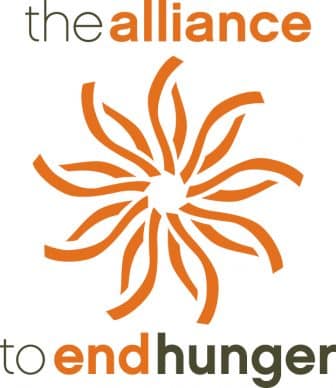We’ve received so many great questions from donors about how aid works in Gaza during this time, and we want to offer more insight on our partnerships there.
We’ve been working with partners in Palestine since the beginning of our organization in 2015. We support two kinds of aid projects there: first, we respond to emergencies like incursions, violence, and destruction, helping to meet people’s immediate needs for food, water, clothing, and hygiene. These are important projects, and your donations have helped over 45,000 Palestinians since October.
The second kind of project we support is designed to help build the resilience of people living under difficult conditions. These projects help people grow their own food, increase their income opportunities, and strengthen their families and communities through rooftop vegetable gardens, olive tree farming, livestock gifts, and vocational training. Over the last five years, you’ve helped plant over 12,500 olive trees across Palestine.
When the situation escalated in October, we immediately connected with our long-term partners on the ground, who were ready to respond with local procurements of food and hygiene items for displaced people. Since October, we’ve supported eight projects with four long-time partners, ensuring that essential aid reaches those who need it most.
Seven of the eight projects involve local procurements. There are still many items available in the markets in Gaza, and our partners have made great efforts to procure them and bring them to those in need. One project involved three trucks bringing aid from Egypt, and we were all relieved to hear that they made it through the checkpoint in late December.
Our long-term partners are central to all of our work in Gaza, and we continue to be inspired by their commitment, creativity, and care, even amidst the most challenging of circumstances. We’ve received updates from our partners saying that their homes have been bombed, their usual bank accounts can’t receive funds anymore, and they need more time to submit a project report because their whole team has been displaced.
Amidst all of these challenges, they are still distributing aid, sending us updates about what they’re seeing on the ground, and proposing new ideas for helping people.
Over the next few months, we will continue to support food and water distributions, hygiene and sanitation efforts in the shelters, and medical aid for the hospitals in Gaza. We continue to partner with amazing people on the ground:
- Local farmers to distribute fresh fruits and vegetables to displaced persons
- Water desalination companies in Rafah city that use solar energy to make potable water
- Local pharmacies to distribute medical supplies to hospitals
- Cleaning companies that employ displaced persons to help clean and sanitize the temporary shelters
Emergency aid is so critical to helping people navigate difficult times, and we will continue to support as many efforts as we can. But our work doesn’t end here: we will also continue to support projects to build the strength and resilience of Palestinians for decades to come. We will continue to plant olive trees. We will continue to help people find jobs. And we will continue to help them grow their gardens.
Your support and prayers are crucial as we continue our work in Gaza.









